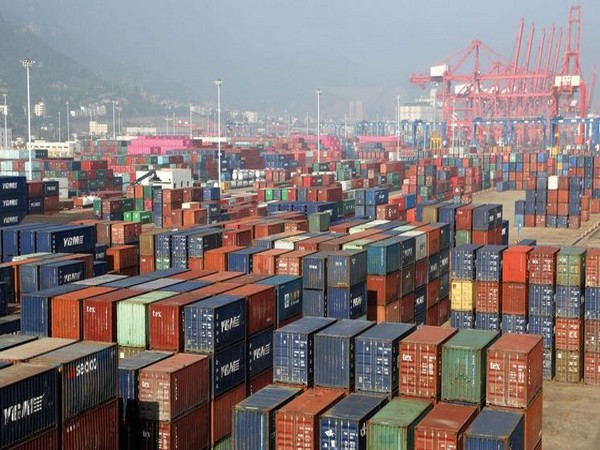US Embraces Flexible Trade Deals: Lower Tariffs Aid Global Partnerships
The US administration adopts a versatile trade strategy, granting tariff reductions for reciprocal benefits like increased U.S. exports and investments. Partnerships with countries like the UK, EU, Japan, and Indonesia have resulted in notable agreements, showcasing the U.S.'s effort to bolster global trade relations amid challenging times.

- Country:
- India
In a strategic move to reshape international trade dynamics, the United States government has initiated a series of trade agreements that offer reduced tariffs in exchange for greater market access and investment from partner countries. This initiative aims to bolster U.S. exports and stimulate domestic industries, according to a 'Fact sheet' published by Aditi Gupta, a Bank of Baroda economist.
Recent negotiations have concluded with the UK, Indonesia, Japan, and the European Union, as the anticipated tariff hikes took effect on August 1. The UK has negotiated a 10% reciprocal tariff, facilitating U.S. agricultural exports, while Indonesia committed to major purchases of U.S. goods, reducing its tariffs significantly. Japan agreed to a lower tariff rate of 15% in return for substantial industrial investments in the U.S.
Similarly, the EU negotiated reduced tariffs in exchange for significant purchases of U.S. energy and investments in the U.S economy. Emerging markets like Vietnam and the Philippines also benefited from the adjusted tariff rates, enhancing access for U.S. products. The softer stance of the U.S. on tariffs reflects a broader strategy to enhance trade partnerships and open new markets for American industries.
(With inputs from agencies.)










